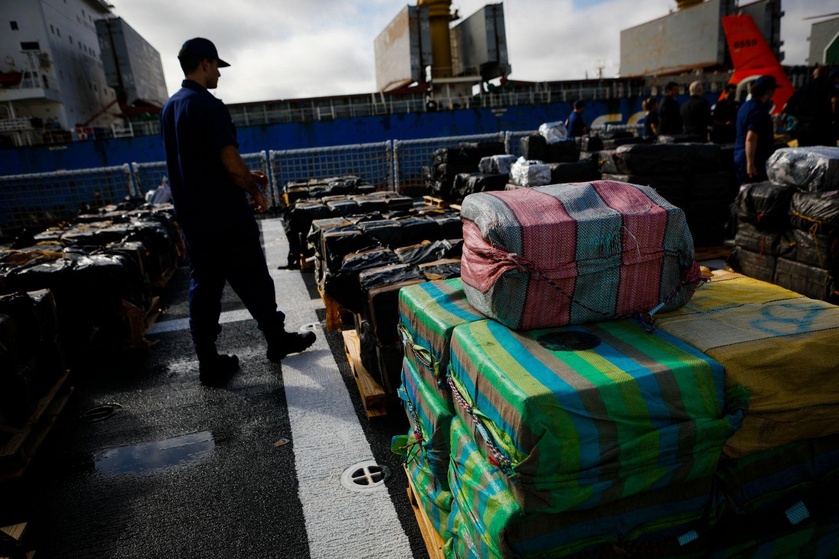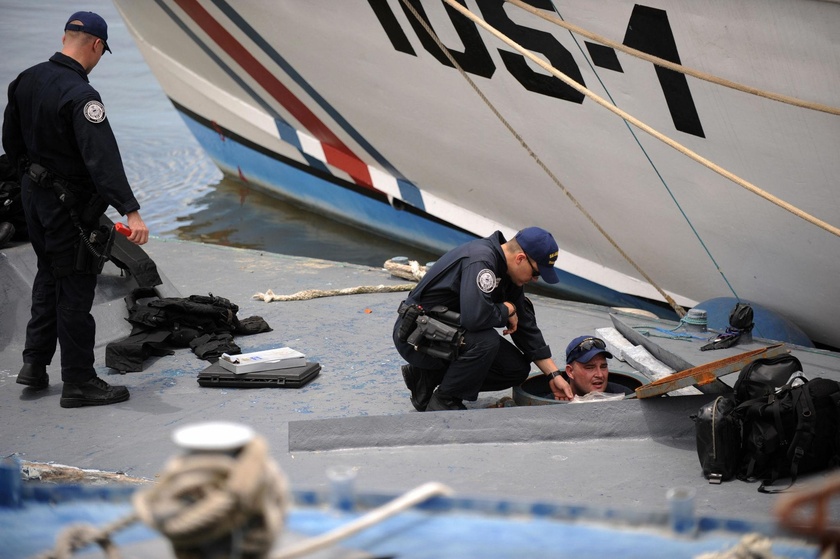Right now, the nuclear talks in Geneva are stalling with Iran. Meanwhile, the United States is building combat power in the region at a level we haven’t seen since the Iraq invasion—two aircraft carriers, dozens of warships, hundreds of combat aircraft, and tens of thousands of troops either in theater or moving that direction.
The U.S. buildup is not subtle—and Iran knows it
From what I’m tracking, the U.S. is moving into the region with:
Two carrier strike groups (one already in theater and another inbound)
300–400 combat jets in the region when you count land-based aircraft
Patriot and THAAD batteries shifting into place
Aegis destroyers tuned for ballistic missile defense
A steady stream of support aircraft—tankers, ISR platforms, and the stuff you don’t talk about on a public livestream
And here’s the point: the United States isn’t putting all that out there to “negotiate harder.” That’s the kind of posture you take when you want your opponent to understand the consequences before you act.
Iran’s information war just leveled up (and yes, the video was impressive)
Iran has been pumping out threat videos for weeks—straight of Hormuz posturing, military drills, the whole production.
But they dropped one recently that honestly looks like a Super Bowl ad for ballistic missiles.
And I’ll say this plainly: it was well-made. Whoever is building their media operation understands modern influence warfare. The goal isn’t just to scare Israel—it’s to scare Americans, spook markets, pressure allies, and make decision-makers hesitate.
The missile they’re showcasing is the Khoramshahr-4 (they’re pitching it as unstoppable, “uninterceptable,” and essentially a war-ending weapon).
So let’s talk about what it can do—and what it can’t.
Khoramshahr-4: a serious threat, but not a war-winner
From the way this missile is being described, it’s a liquid-fueled, medium-range system with roughly 2,000 km range—meaning Israel is in reach, U.S. bases in the region are in reach, and potentially some assets farther out are threatened depending on basing and launch options.
The real concern isn’t just speed. The concern is maneuverability on re-entry—a re-entry vehicle that can adjust course makes interception harder.
But here’s the part that matters strategically:
A weapon can be terrifying and still not be decisive.
A missile can get through sometimes and still not win the war.
Even if Iran had a significant number of these—and even if a percentage penetrated defenses—that’s not enough to defeat the combined combat power the U.S. and Israel can bring to bear.
Iran can cause damage. Iran can kill people. Iran can make the cost real.
But Iran cannot win a conventional war against the U.S. and Israel.
That’s why they’re leaning so heavily into the psychological side: if you can’t win the fight, you try to prevent the fight.




















